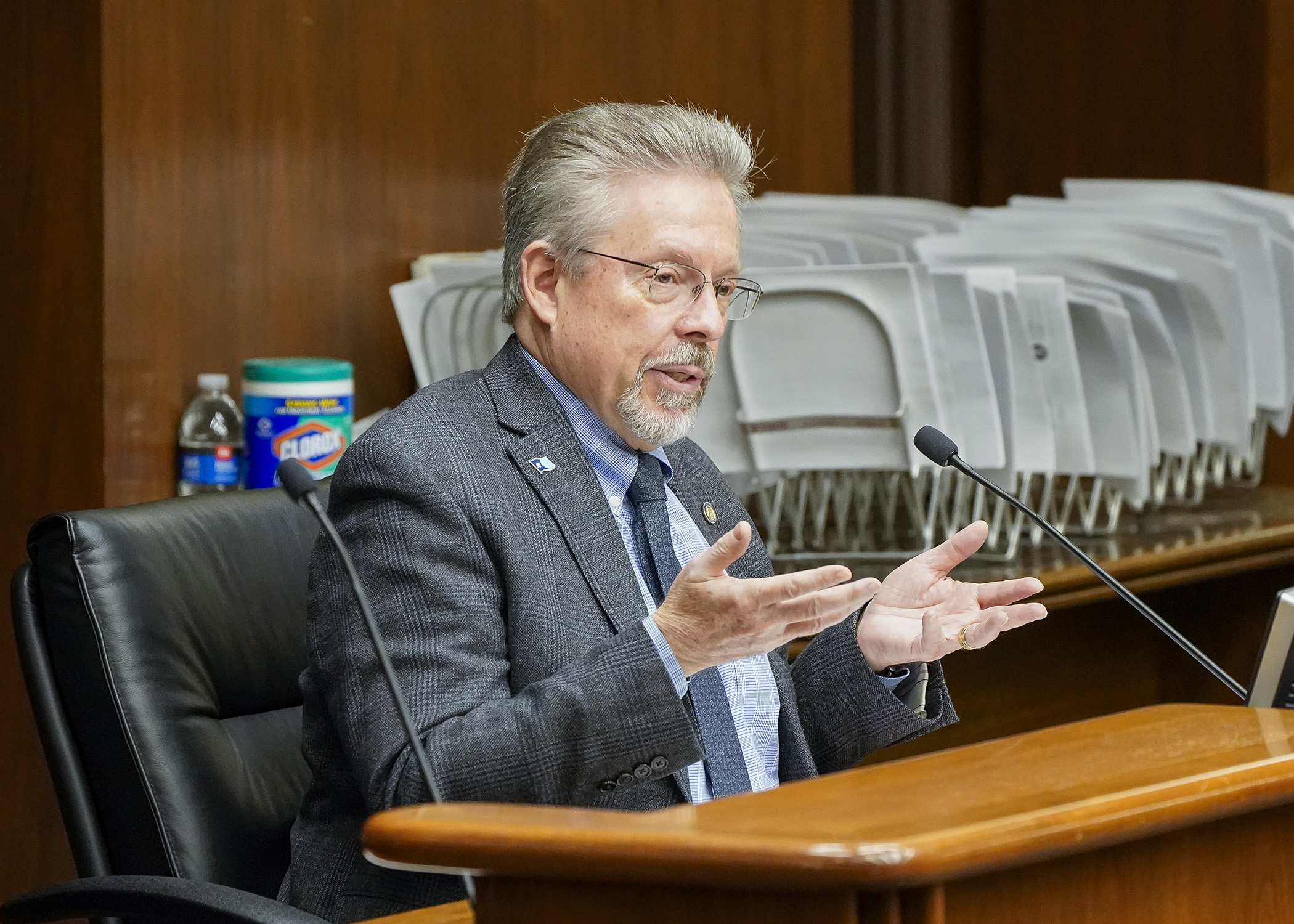Taxing land vs. the buildings on it at core of House bill

If your property taxes have risen in recent years, it’s usually because the value of your home has gone up, whether because of market forces or an improvement you’ve made to the property.
But what if your property taxes were entirely based on the value of the land beneath your home?
That’s called land-value taxation, and cities around the country use it for various purposes. Minnesota doesn’t currently have it, but local units of government would have that option available to them under HF1342.
Sponsored by Rep. Steve Elkins (DFL-Bloomington), the bill would allow cities to create land-value taxation districts that could be taxed in a way that excludes improvements or, conversely, buildings that have fallen into decay.
On Wednesday, the House Property Tax Division laid the bill over, as amended, for possible inclusion in the division report to the House Taxes Committee.
“The idea of a land-value tax is that you raise the taxes on undeveloped properties,” Elkins said. “It lowers them on developed properties and should be revenue-neutral at the district level. But you’re trying to discourage the speculative holding of vacant land.”
“I think there are some downsides to this bill,” said Rep. Duane Quam (R-Byron). “If we’re discouraging people who are thinking of developing from picking up vacant properties, then you end up more likely having unkept properties that actually degrade the area.”
“I hear your concerns,” said Rep. Aisha Gomez (DFL-Mpls). “And that’s why I’m glad that this puts it in the hands of the local government to decide when and how to use this tool so you don’t get into a holding pattern where you know there will be development in that place.”
Gomez used as an example the Minneapolis intersection of Chicago Avenue and Lake Street. Two buildings were destroyed there during the unrest after the murder of George Floyd by a Minneapolis police officer. Gomez said that a neighboring hotel was severely damaged, but — despite offers from others seeking to build housing on the site — a speculator is holding onto the property in hopes of future development in the area raising its value prior to a sale.
“Our city should have a tool to make sure that the public good is provided for in these situations,” Gomez said. “I’m sure that this hotel isn’t the only example of a blighted property that’s just sitting there bringing down the value of a neighborhood.”
“One of the concerns I have is that, if the city doesn’t like a certain property owner, they could utilize this to force something,” Quam replied.
Elkins said there is an appeals process included in the bill to deal with such situations.
Related Articles
Search Session Daily
Advanced Search OptionsPriority Dailies
Speaker Emerita Melissa Hortman, husband killed in attack
By HPIS Staff House Speaker Emerita Melissa Hortman (DFL-Brooklyn Park) and her husband, Mark, were fatally shot in their home early Saturday morning.
Gov. Tim Walz announced the news dur...
House Speaker Emerita Melissa Hortman (DFL-Brooklyn Park) and her husband, Mark, were fatally shot in their home early Saturday morning.
Gov. Tim Walz announced the news dur...
Lawmakers deliver budget bills to governor's desk in one-day special session
By Mike Cook About that talk of needing all 21 hours left in a legislative day to complete a special session?
House members were more than up to the challenge Monday. Beginning at 10 a.m...
About that talk of needing all 21 hours left in a legislative day to complete a special session?
House members were more than up to the challenge Monday. Beginning at 10 a.m...